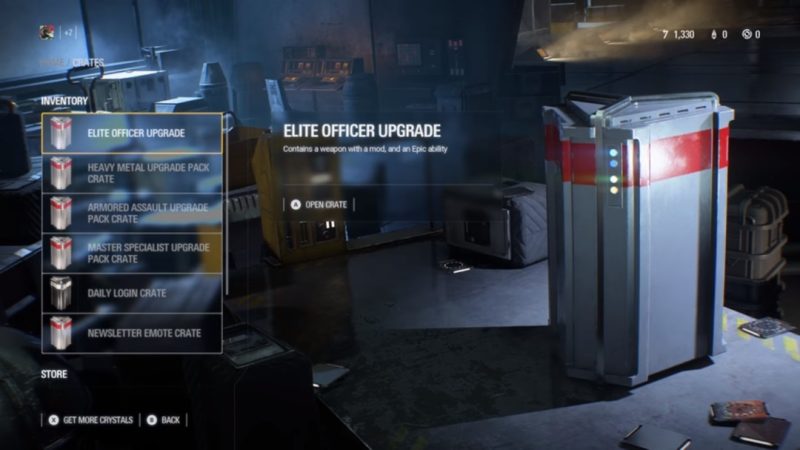The European Consumer Organisation (BEUC) has filed a complaint with the European Commission claiming that game developers are using “deceptive practices” in regards to in-game currencies.Specifically the BEUC identifies Activision Blizzard, Electronic Arts, Epic Games, Mojang Studios, Roblox Corporation, Supercell and Ubisoft as using deceptive means to get players to spend as much as possible through in-game currencies.Along with the BEUC, member organisations from 17 countries are behind this filing titled Game Over: Consumers Fight For Fairer In-Game Purchases.Essentially the filing claims that game developers are in “breach of EU consumer protection laws” in regards to in-game currencies and how they’re implemented in four ways:“Gamers cannot see the real cost of digital items, leading to overspending”“Companies’ claims that gamers prefer in-game premium currencies are wrong”“Consumers are often denied their rights when using premium in-game currencies”“Children are vulnerable to these manipulative tactics.”The filing then goes deeper on the BEUC’s reasoning, and uses games from each of the developers and publishers listed prior to show how both free-to-play and premium games are using in-game currencies.To rectify the problems the BEUC and the rest of the member organisations see, the filing proposes that the EU and CPC-Network coordinate to get game developers to:“Ensure full price transparency of premium in-game currencies by requiring traders to display, in a clear and easily accessible way, an equivalent in real and local fiat currency before any in-game purchases made through in-game premium currencies.”“Stop using unfair terms related to premium in-game currencies,” i.e. removing game features, altering the value of in-game items without informing players, collect the players data through “vague and or confusing wording”Make in-game purchases “deactivated by default as a matter of professional diligence” so that if in-game purchases are made, they were deliberately turned on firstAny reigning-in we’ve had of game developers in regards to loot boxes or micro-transactions within games has always began with a push from European organisations.It’ll be interesting if this filing is able to push that needle any further, and if so how the rest of the industry would adapt to those new rules.Source – [BEUC via VGC]
Source link
The European Consumer Organisation Files Complaint To EU, Claims Game Devs Use “Deceptive Practices” With In-Game Currencies

